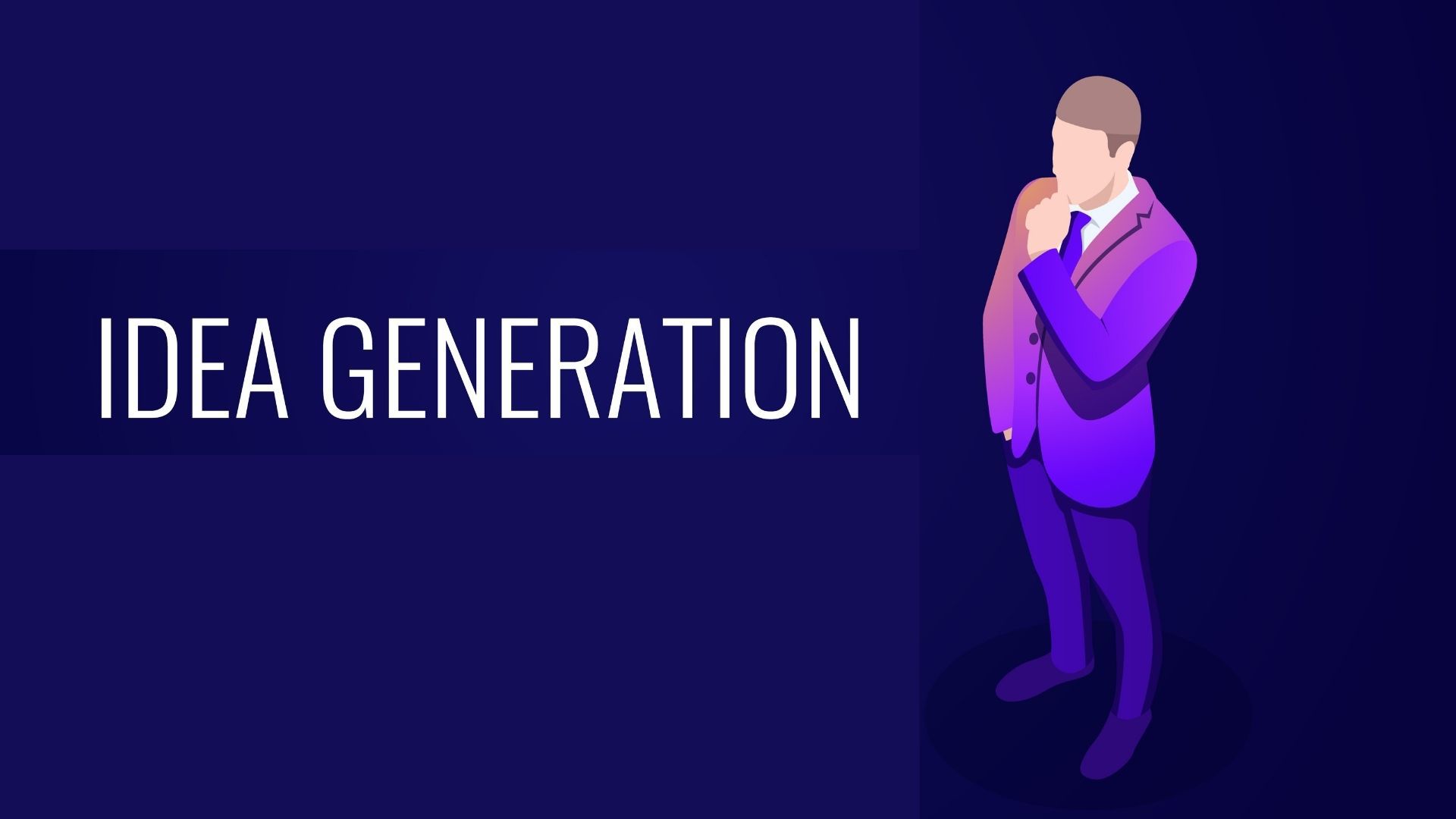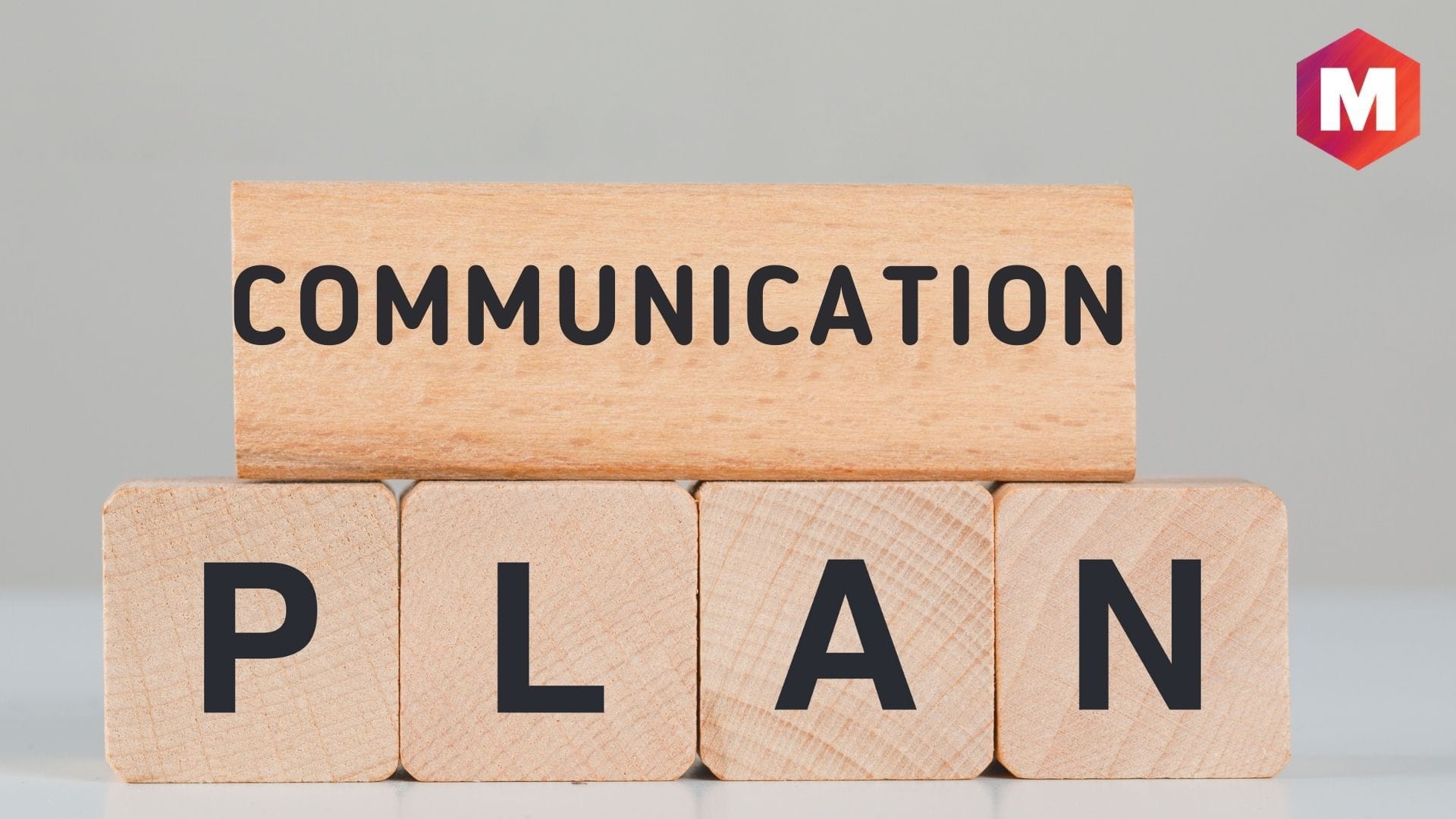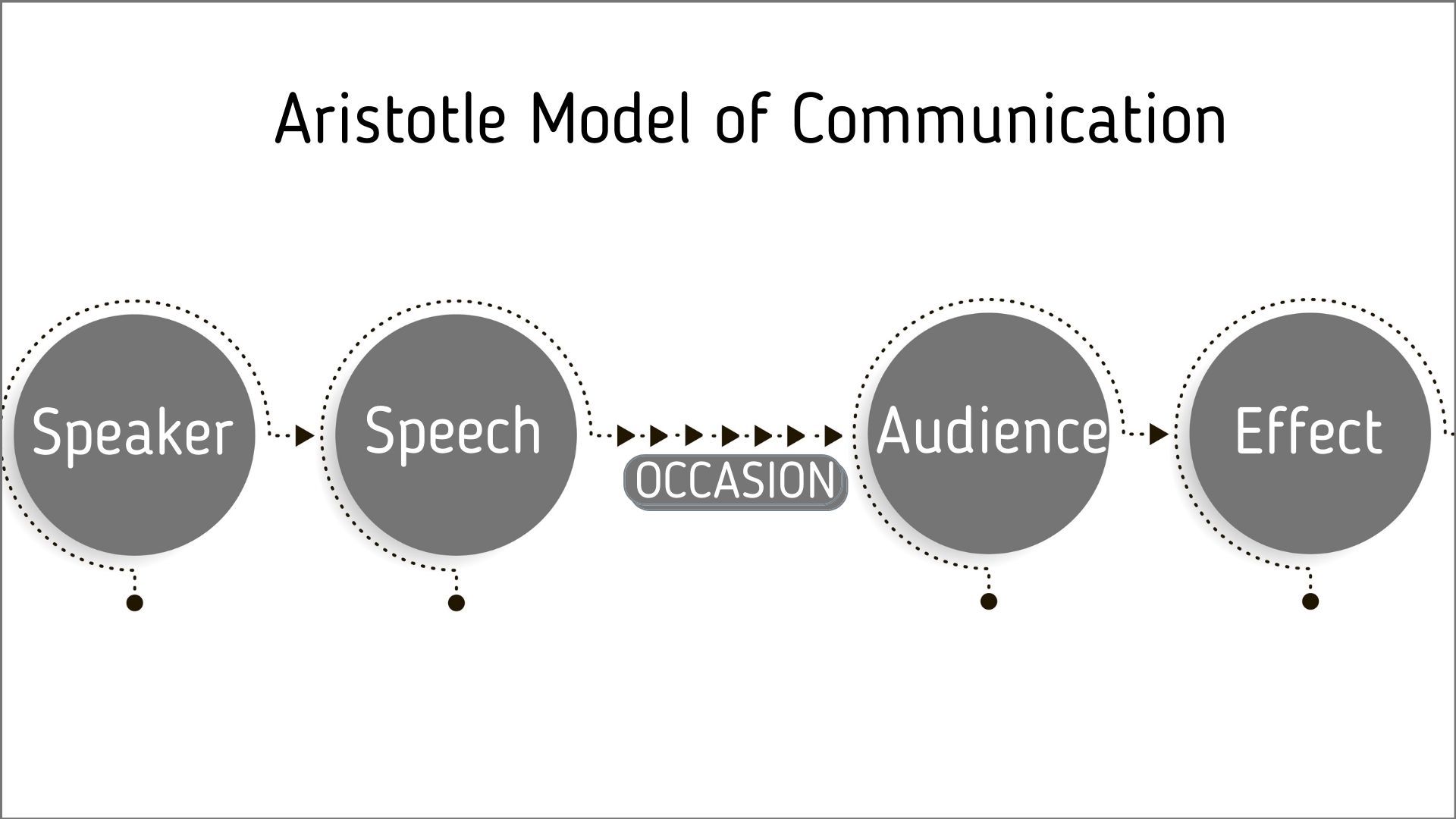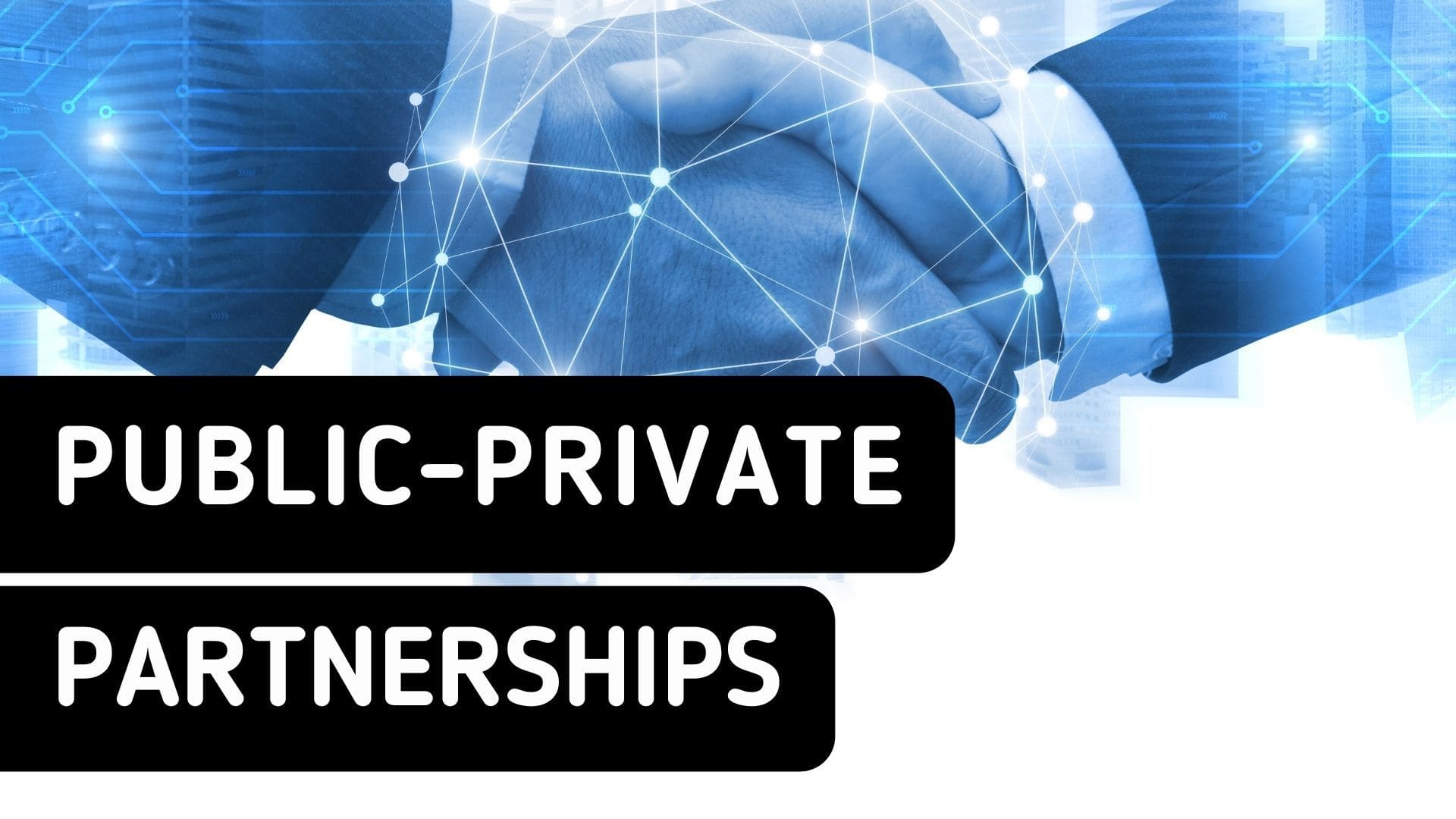Customer engagement is an emotional connection that a customer feels for a brand because of the ongoing interaction between both. It involves all the interactions…
5 M’s of Advertising (Definition and Elements)
What are the 5 M’s of Advertising? 5 m’s of advertising stand for Mission, Money, Message, Media, and Measurement. These five m’s serve different purposes…
Idea Generation – Definition, Sources, Techniques and Examples
Idea generation is developing new ideas and converting them into tangible activities. It entails brainstorming as many ideas as possible, determining how to employ them,…
What is a Communication Plan? Definition and Importance
Definition: A communication plan helps a company plan how to reach its audience. Communications planning helps firms provide a clear, measurable message. Modern marketing methods…
Strategic Planning
Strategic planning is a process an organization uses for making its specific business strategies regarding key decisions, priorities, operations, and implementations in a manner that all…
Promotional Pricing: Definition, Types, Importance and Advantages
What is Promotional Pricing? Promotional pricing is defined as a pricing strategy intended to attract interest and increase sales in the short term. Getting maximum…
Strategic Control – Types, Process and Contribution
Strategic control is defined as finding different methods to implement the strategic plan. It is unique to handle and intends to handle the unknown and…
Sustainable Marketing – Strategy, Importance and Principles
Sustainable marketing is using and promoting the environment to sustainable and socially responsible products, brand values, and practices. Businesses do not implement sustainable marketing for…
Aristotle’s Model of Communication: Definition and Examples
Aristotle’s Model of Communication is a unique communication tool proposed before 300 b.c by the Greek philosopher Aristotle. It is a linear model that puts…
Social Change – Meaning, Theories, Causes, Examples, Importance
What is Social Change? Social change is a concept that explains how the relationships and interactions of people can alter social and cultural values, norms…
Public-Private Partnerships – Meaning, Advantages and Disadvantages
Public-private partnerships are the ones in which a private company funds the construction of a public project in exchange for operating profits. Public-private partnerships can be…
Variable Pay – Definition, Meaning, Types, Importance and Advantages
Definition: Variable pay is any amount of money or sales compensation that is paid to employees on a variable basis and is not consistent but…
HR Specialist – Role, Responsibilities, Requirements, Salary and Educational Qualifications
An HR Specialist in an organization is responsible for enrolling, training, supporting, placing, keeping up records, and overseeing the performance of the employees of an organization….
Listening Skills Explained
Listening skills empower an individual in accurately receiving and interpreting different forms of information, message, or news in a communication process. Listening and hearing may…
Human Capital Management – Definition, Meaning, Functions, and Benefits
Human capital management is a process of hiring, retaining, managing, training, and upgrading the skills of the workforce for the growth and development of an…














